With the increasing awareness of the environment, comes the desire for consumers to conserve fuel as they drive.
Car manufacturers have responded by building more fuel efficient cars to comply with fuel regulatory measures implemented by various governments all over the world, to achieve at least a certain distance per litre or gallon.
It is no surprise that Volkswagen, like most European carmakers, too have jumped on the diesel bandwagon with their BlueMotion Polo which has a diesel engine.
Diesel engines have a much better fuel efficiency - about 20 to 25 per cent - as compared to its petrol counterpart. This is because diesel fuel has higher energy content per litre than petrol.
As a result, the perceived “dirty fuel” also produces more torque. With the new Euro V emission standards, its emissions are much lower than its ancestors, and in some cases, lower than many petrol-driven cars.
Its main drawback however, is that its emissions contain Nitrogen Oxide, which is a major greenhouse pollutant that has 298 times more impact per unit weight over a 100-year period than carbon dioxide.
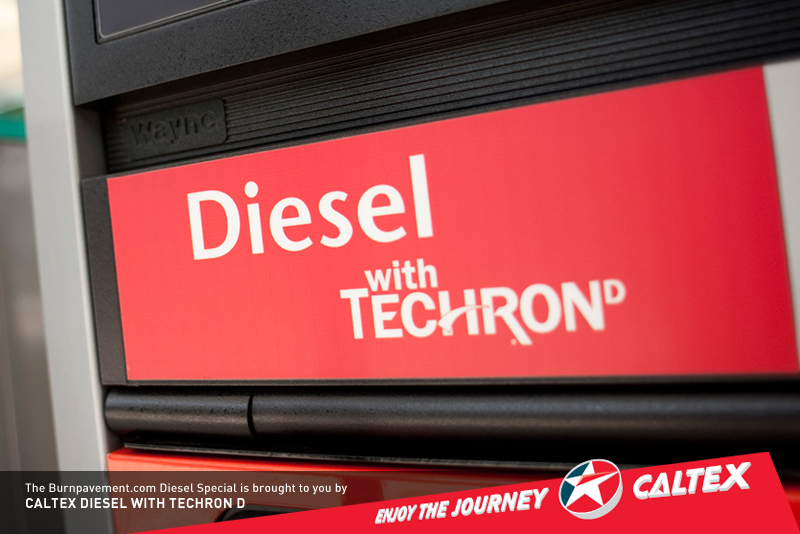
On the bright side however, diesel engines are able to use 100 per cent biodiesel as their fuel, unlike petrol engines, which can so far use a mix of 95 per cent fossil fuel and 5 per cent ethanol as an alternative. Biodiesel can be made from used cooking oil, palm oil, Jatropha oil, and in many research and development projects using algae. Recently in March, Neste Oil opened its largest biodiesel plant in Singapore. Capable of producing 800,000 tonnes of renewable fuel from palm oil, the plant was built on a budget of about S$970 million.
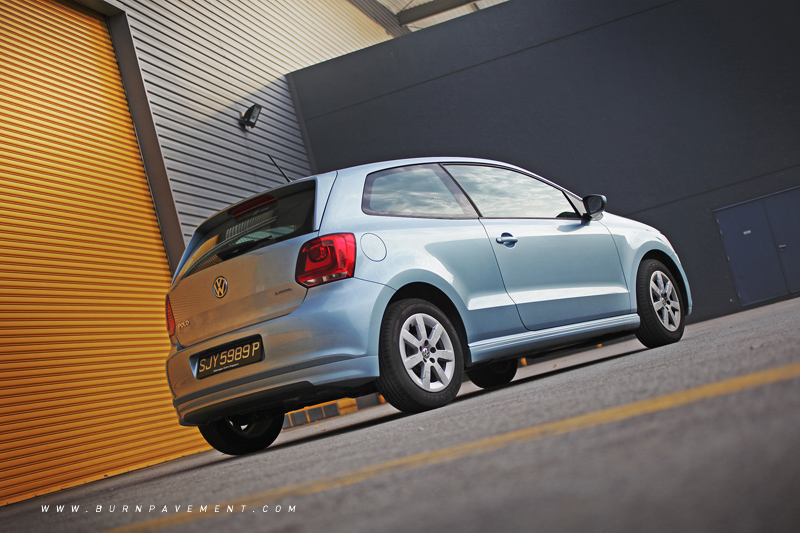
Like many of the small local biodiesel producers, Neste’s main market is for the European countries as there is little local demand. The main reason of the lack of demand for diesel consumer vehicles in Singapore is due to the hefty special tax slapped on diesel. A normal 1600cc car would have to pay about $372 for 6 months road tax. A diesel car of the same size will have to pay an additional $1000 on top of the road tax.
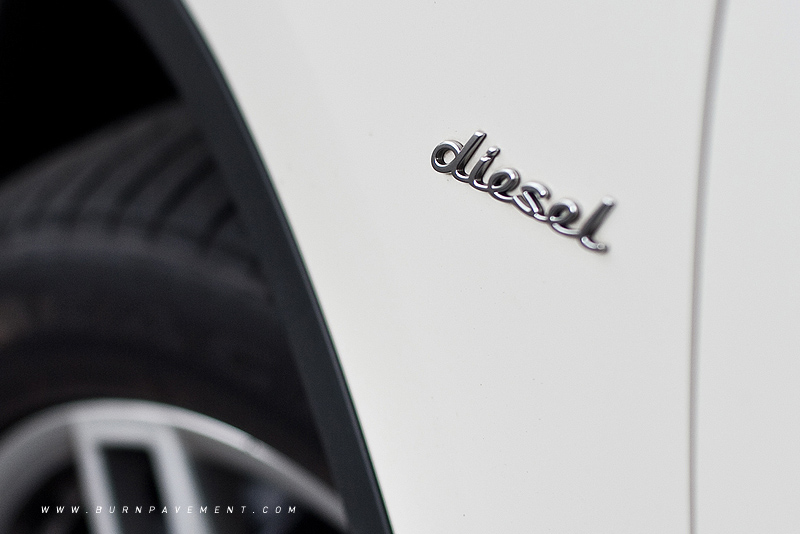
The Land Transport Authority said on its website: “The Special Tax structure seeks to narrow the difference in the cost of fuel consumption (including petrol duty) between a Euro-IV diesel car and a petrol car.†Seeing from the statement, it is apparent that the lofty tax on diesel is not to penalise diesel for having “dirtier†emissions than petrol, but rather to equalize the cost of fuel in Singapore. One could also go as far as to speculate that it is because of commercial considerations and politics, as after all, Singapore has two of the world’s top 20 refineries in terms of output.
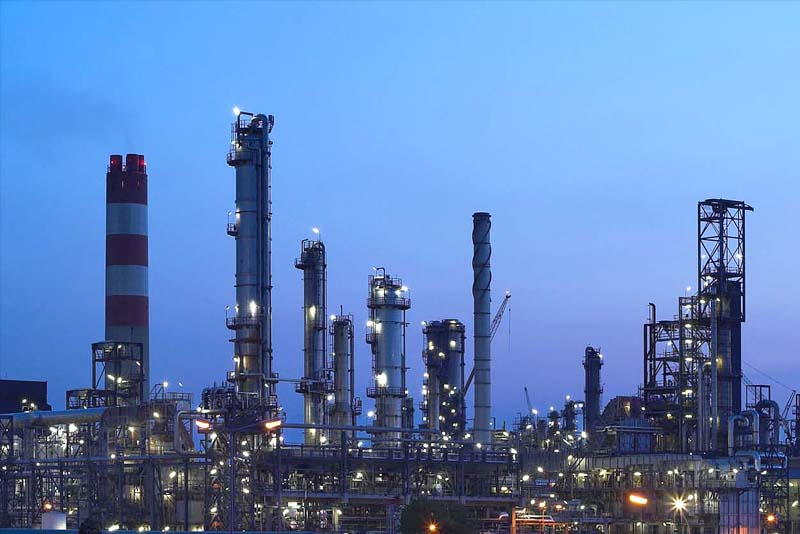
The small city state has three refineries: Shell and ExxonMobil, ranked 5th and 13th respectively in the world in terms of output capacity, and a smaller plant owned by Singapore Refinery Company (SRC) . Combined, they produce 1.348 million barrels of fuel a day. With higher tax on diesel despite better fuel economy, efficiency, renewable biofuel options and low emissions, it really makes one wonder if one is being penalised for going green or it is simply a protectionism measure for local petrol kiosks.
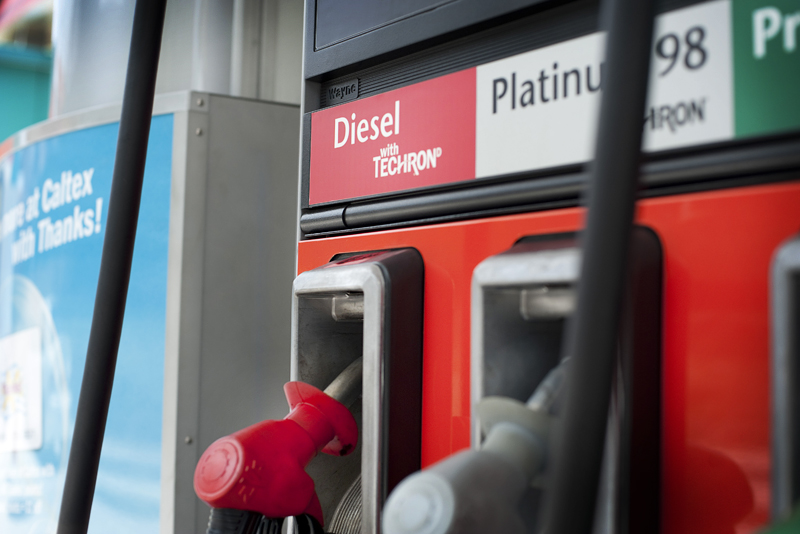
Despite the hefty fees, it is still encouraging to know that there are over 60 diesel private cars registered last year, up from the four in 2000. However as long as the special tax is still in effect, diesel cars will still be a rarity among the 586,267 cars in Singapore (as of Feb 2011). Going green should be incentivised, not penalised.
